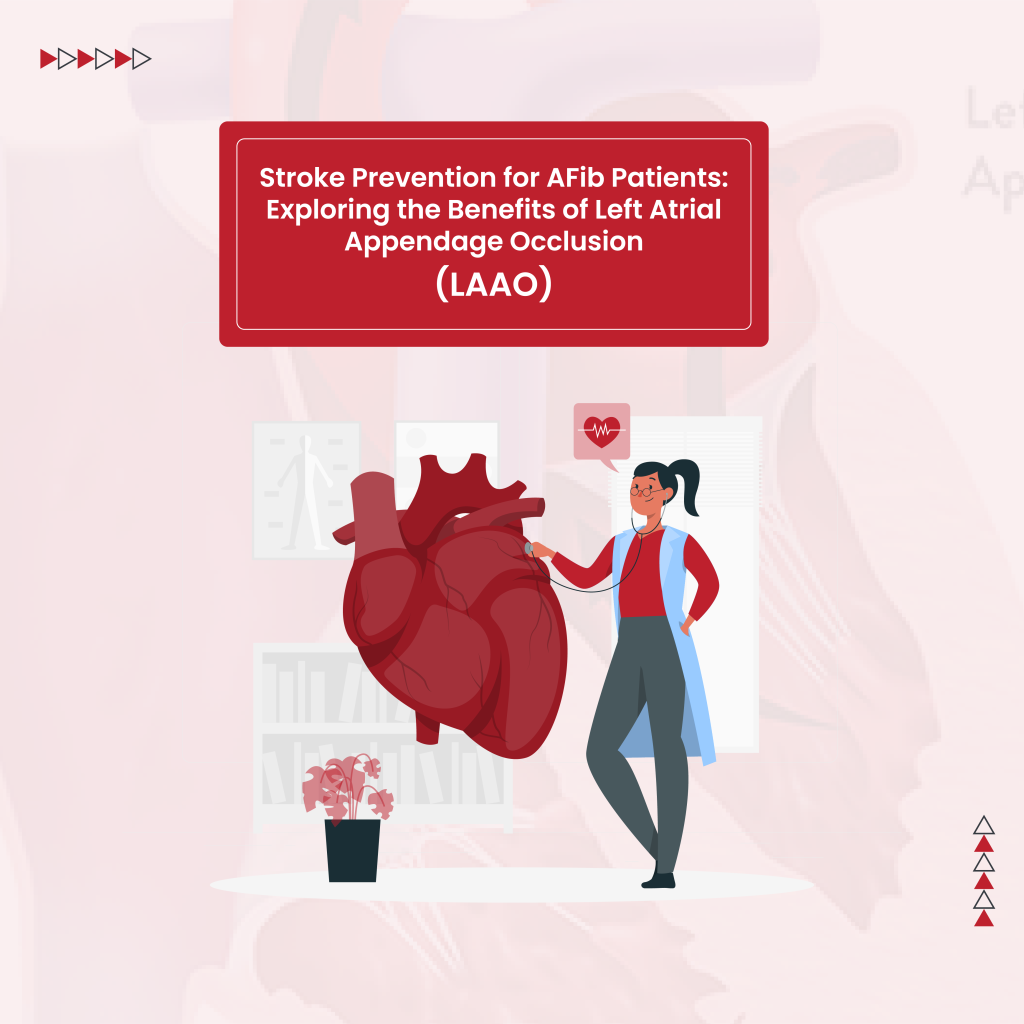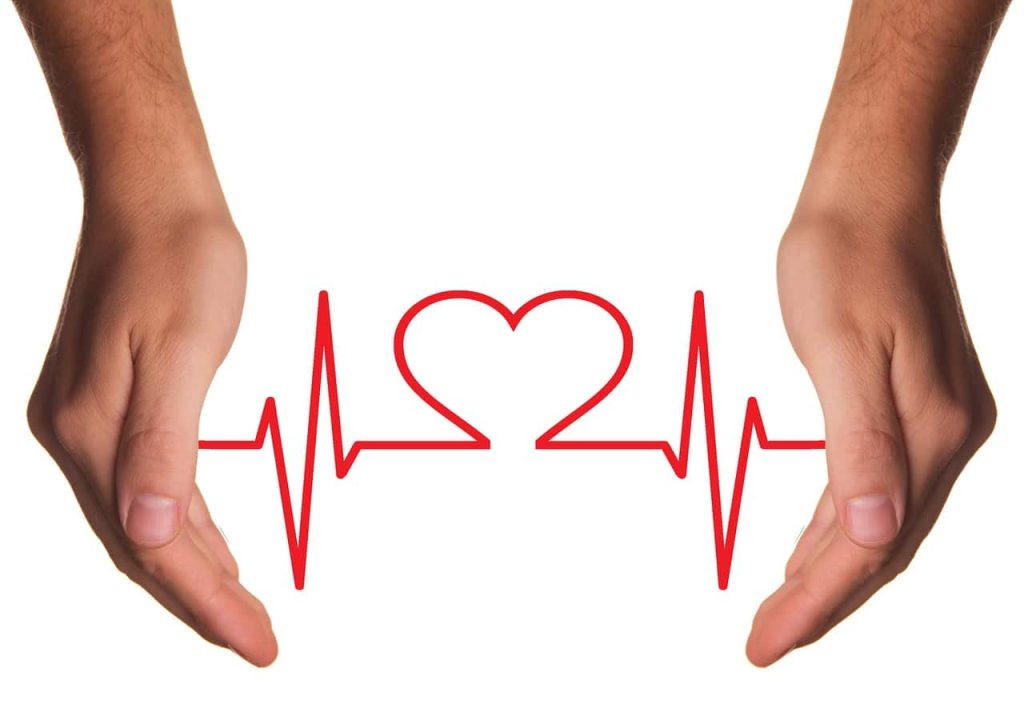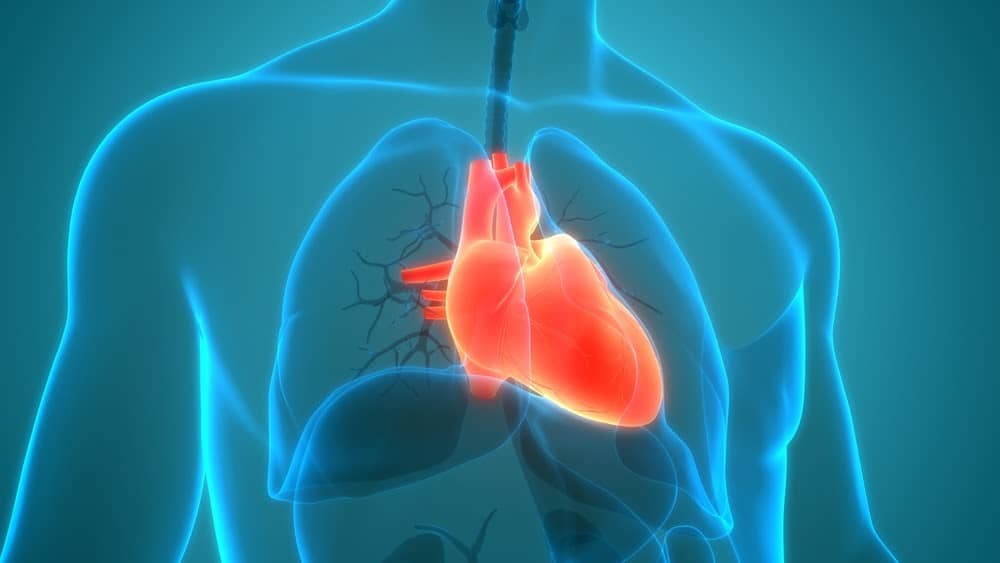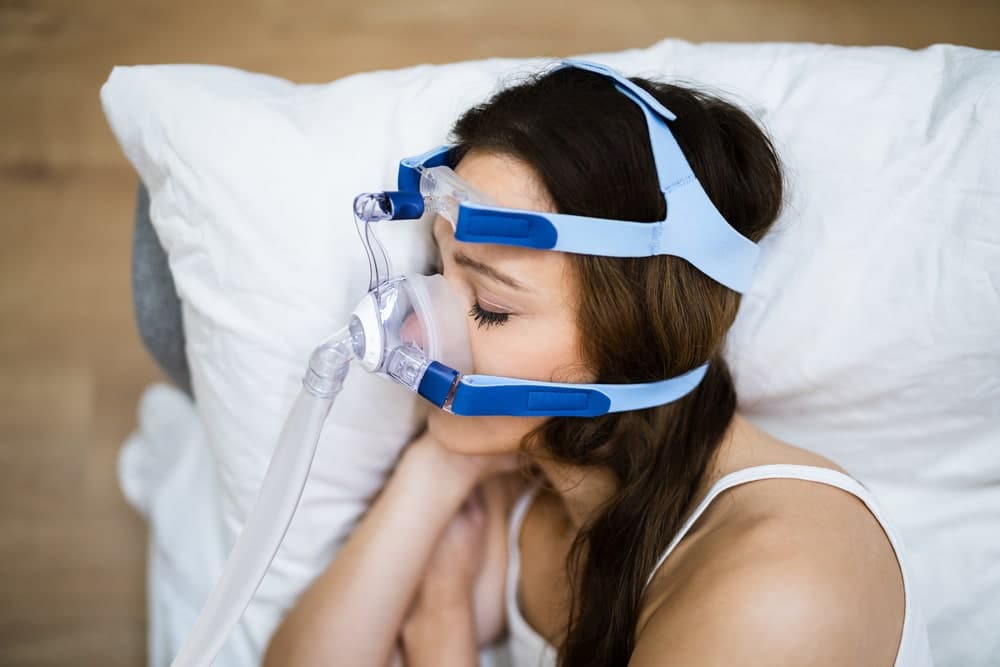Stroke Prevention for AFib Patients: Exploring the Benefits of Left Atrial Appendage Occlusion (LAAO)

People with atrial fibrillation (AFib) have a 5x increased risk of stroke and reducing stroke risk is recommended for most people with AFib. This is most commonly achieved using anticoagulants, also known as blood thinners, which are medications used to prevent blood clots from forming in the heart and migrating to the brain to cause […]
Looking To The Future In Atrial Fibrillation Treatment & Management

The global prevalence of atrial fibrillation (AFib) is increasing due to an aging population and improved survival with chronic diseases. This has created an epidemic of AFib, making it the most common sustained abnormal heart rhythm (arrhythmia), and there is a 37% lifetime risk of developing AFib. The presence of atrial fibrillation risk factors increases […]
Beyond Pacemakers and Ablation in Atrial Fibrillation: Steps to Better Rhythm Control

Atrial fibrillation (AFib) is a heart arrhythmia (abnormal heart rhythm) that causes a rapid, irregular, heartbeat. There are three primary goals of AFib treatment which include: alleviation of symptoms, prevention of heart failure, and stroke risk reduction. The first two AFib treatment goals are achieved through rate and/or rhythm control. Rate control treatment methods target […]
Best Alternative Treatment for Atrial Fibrillation

Atrial fibrillation (AFib) is the most common heart arrhythmia (abnormal heart rhythm) that requires treatment. According to the Centers for Disease Control, it is estimated that AFib will affect 12.1 million Americans by 2030. Many people with AFib experience symptoms like palpitations, chest pain, shortness of breath, or weakness and an atrial fibrillation attack can […]
When To Seek Treatment For Afib

There is an epidemic of atrial fibrillation (AFib) in the United States. AFib is the most common cause of sustained irregular heartbeat (arrhythmia) and it currently affects an estimated 3.3 million Americans. With our aging population and improved long-term survival with chronic health conditions, atrial fibrillation is predicted to affect 16 million Americans by 2050. […]
How Does A CPAP Machine Help AFib?

What Is A CPAP Machine? Continuous positive airway pressure (CPAP) is the most common treatment for obstructive sleep apnea. A CPAP machine delivers pressurized air through a hose that attaches to the nose. CPAP treatment for sleep apnea can help restore the natural breath cycle so you can sleep well and wake up feeling refreshed. […]
How is Losing Weight Interrelated to Atrial Fibrillation?

There are epidemics of atrial fibrillation (AFib) and obesity in the United States. AFib is the most common clinically significant arrhythmia (abnormal heart rhythm). It is estimated to affect over 5.2 million people in the United States and is predicted to affect 12.1 million by 2030. In 2013, 38% of adult Americans were obese (defined […]
Magnesium and Heart Palpitations

Magnesium is an important nutrient that the body needs to stay healthy. Magnesium is found in a variety of foods and eating a healthy diet can usually meet all of the body’s magnesium needs. However, certain diseases, medications and dietary restrictions can cause magnesium deficiency. In these situations, magnesium supplements may be helpful. Magnesium helps […]
Putting Patients At The Center Of AFib Care

Effective treatment of atrial fibrillation can be complex. It involves addressing lifestyle contributors, treating underlying conditions like sleep apnea and high blood pressure, medications and possibly procedures. We believe the most effective treatment plan is developed with a patient’s active involvement, taking their personal preferences and beliefs into account. This process is called shared decision […]
Whole Body Healthcare Plan For AFib Patients

Successful treatment of atrial fibrillation is about more than medications and procedures. A healthy lifestyle is a cornerstone in AFib management because it helps naturally treat some of the underlying triggers for AFib. The best thing about a whole body approach to atrial fibrillation is that there are no bad side effects to self-care and […]



